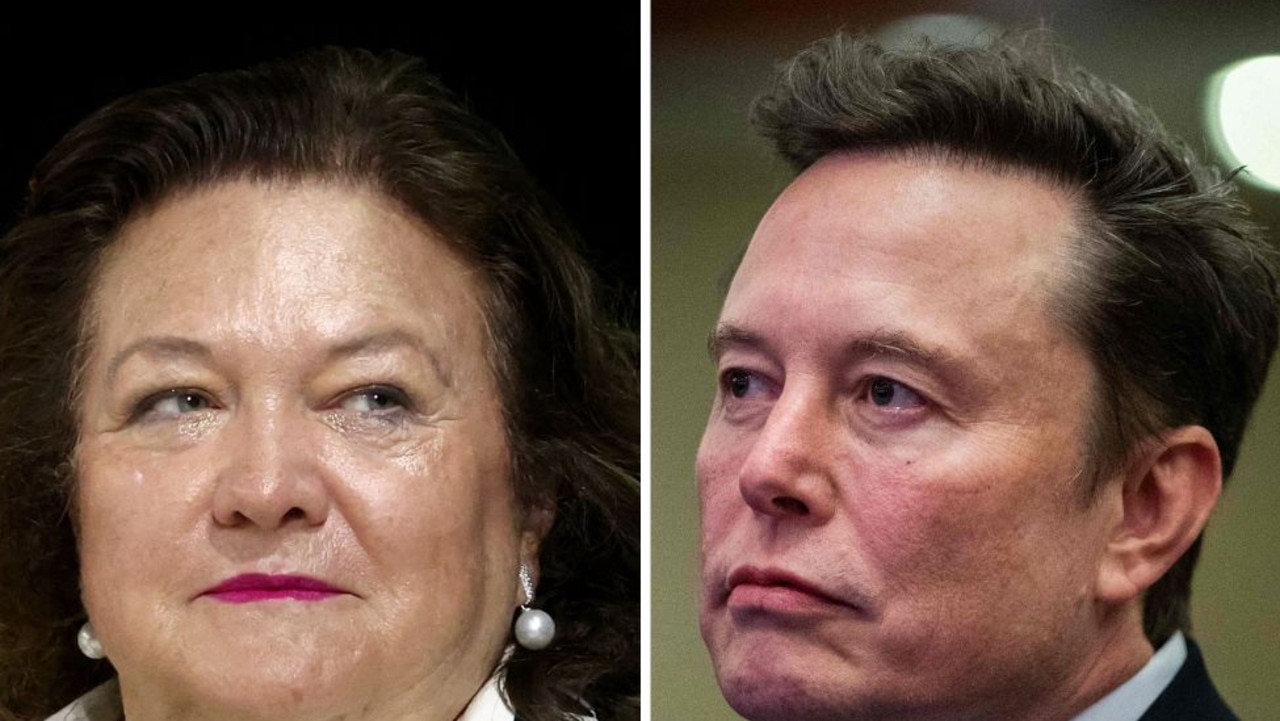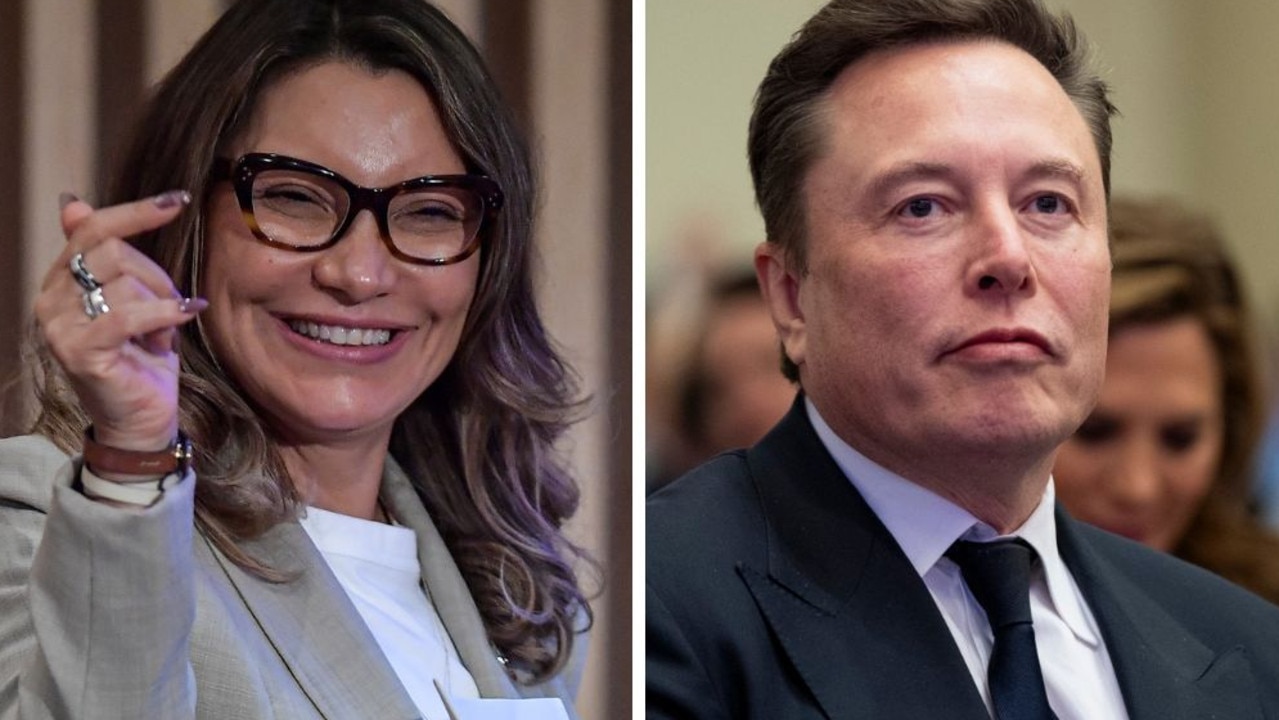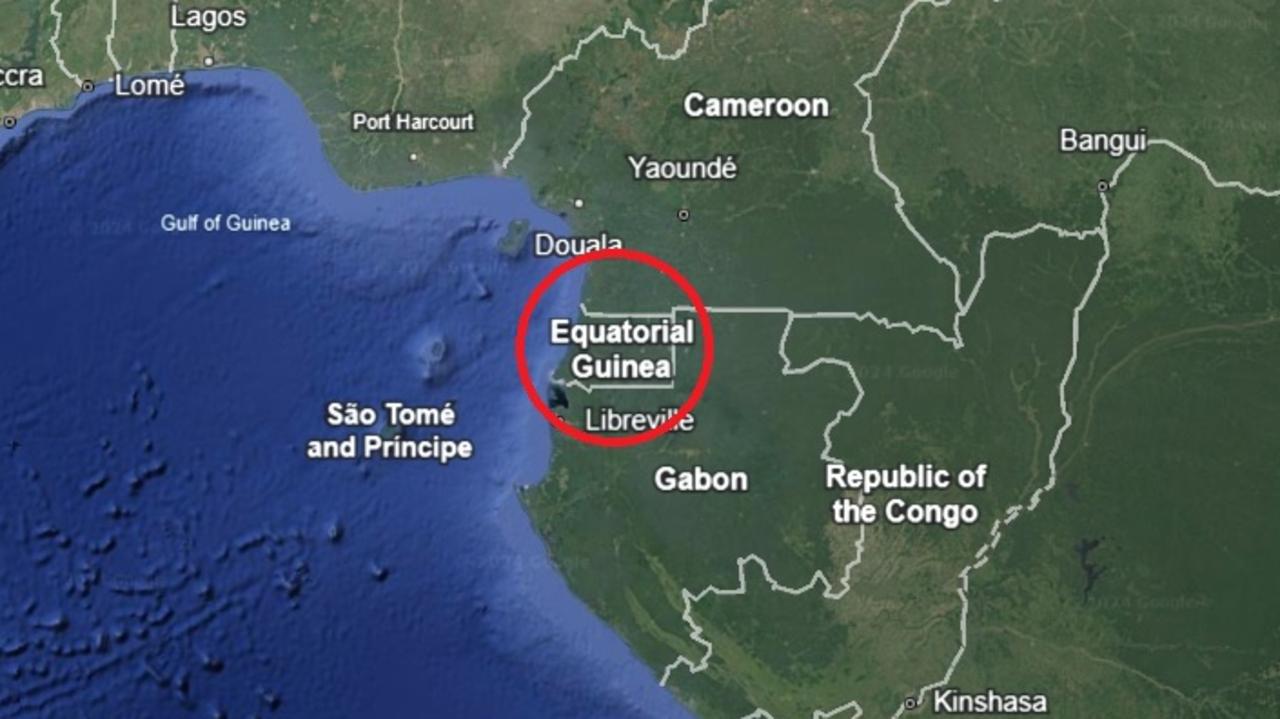European Union has approved a Brexit deal with Britain
It was supposed to be the answer to all of Britain’s problems. But the Brexit deal that’s just been approved has sparked fury in the UK.
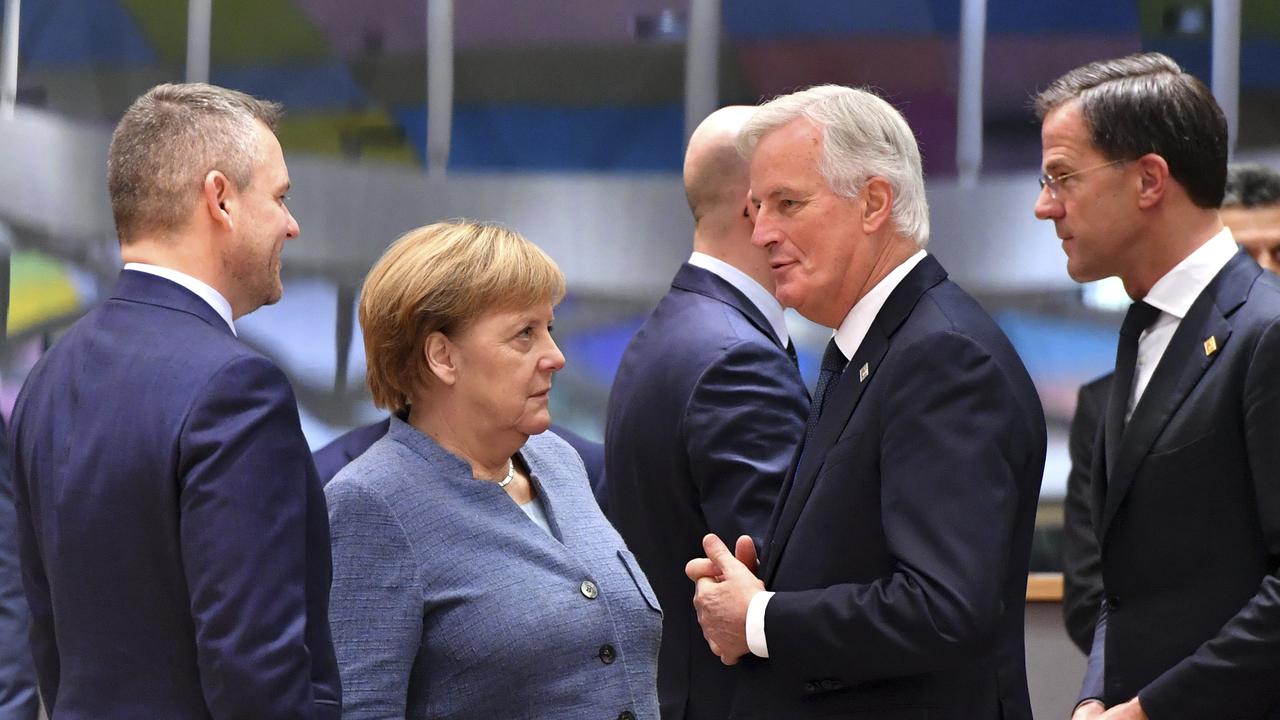
The European Union has approved a Brexit deal with Britain — now Prime Minister Theresa May must sell the deal to her parliament.
European Council President Donald Tusk tweeted that 27 EU leaders meeting in Brussels “endorsed the Withdrawal Agreement and Political Declaration on the future EU-UK relations.”
The 27 leaders of the bloc met without Mrs May to endorse the agreement, which sets the stage for Britain exit from the bloc on March 29.

It’s a hard sell. The agreement leaves Britain outside the EU with no say but still subject to its rules and the obligations of membership at least until the end of 2020, possibly longer.
European Commission President Jean-Claude Juncker warned that no better offer was available. “I am totally convinced this is the only deal possible,” he said. “Those who think that by rejecting the deal that they would have a better deal will be disappointed.”
He said it was a “sad day”, after Britons voted to leave the EU in June 2016, largely over concerns about immigration and losing sovereignty to Brussels.
“To see a country like Great Britain ... leave the EU is not a moment of joy nor of celebration, it’s a sad moment and it’s a tragedy,” he said.
Michel Barnier, the former French foreign minister who negotiated the deal on behalf of the bloc, added: “We will remain allies, partners and friends.”
Forged during 17 months of tough negotiations, the withdrawal agreement covers financial matters, citizens’ rights, Northern Ireland and arrangements for a 21-month post-Brexit transition phase.
Now Mrs May faces the tough task of getting the deal approved by a sceptical UK Parliament.

“This is the deal that is on the table,” she said. “It is the best possible deal. It is the only deal.” Acknowledging the vast political and economic consequences of Brexit, May promised lawmakers their say before Christmas and said that it “will be one of the most significant votes that Parliament has held for many years.” She argued that Parliament has a duty “to deliver Brexit” as voters have demanded.
“The British people don’t want to spend any more time arguing about Brexit,” she said. “They want a good deal done that fulfils the vote and allows us to come together again as a country.”
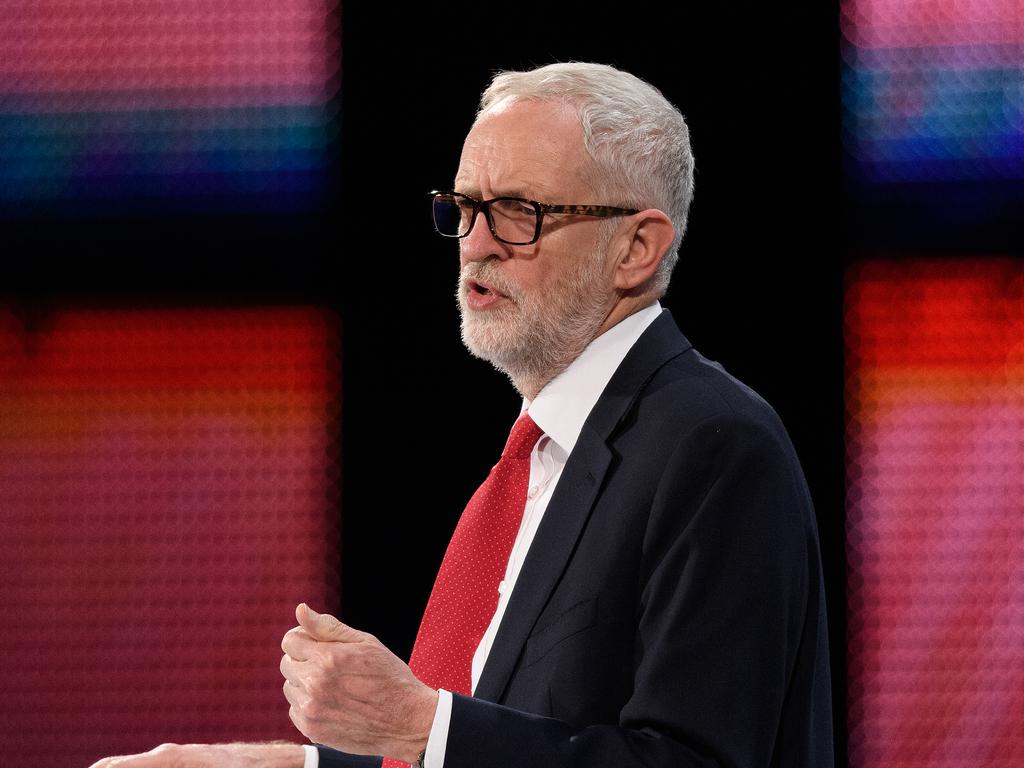
WORST POSSIBLE DEAL
Not everyone agrees. Labour Party leader Jeremy Corbyn called the deal “the result of a miserable failure of negotiation that leaves us with the worst of all worlds,” and said his party would oppose it.
Scottish First Minister Nicola Sturgeon, whose Scottish National Party is the third-largest in Parliament, said lawmakers “should reject it and back a better alternative.”
Pro-Brexit former Conservative leader Iain Duncan Smith said Mrs May should insist on new terms because the deal “has ceded too much control” to Brussels.
‘IT IS UP TO BRITAIN WHAT IS NEXT’
Lithuanian President Dalia Grybauskaite said EU leaders had agreed on the terms of Britain’s departure from the bloc, but said “it is up to Britain what is next.”
Future relations and trade will be tackled during a transition period lasting at least until the end of 2020. Ms Grybauskaite said “the process will still be long.”
At a summit in Brussels Sunday, the leaders endorsed a withdrawal agreement, which settles Britain’s divorce bill, protects the rights of citizens hit by Brexit and keeps the Irish border open.
It is the first time a member country will have left the 28-nation bloc.
They also rubber stamped a 26-page document laying out their hopes for future relations after Britain leaves at midnight on March 29.
The last big obstacle to a deal was overcome on Saturday, when Spain lifted its objections over Gibraltar.
The deal must still be endorsed by the British parliament and EU parliament.
Mrs May is under intense pressure from pro-Brexit and pro-EU British lawmakers, with large numbers on both sides of the debate opposing the divorce deal and threatening to vote it down when it comes to the House of Commons next month. Brexiteers think it will leave the UK tied too closely to EU rules, while pro-Europeans say it will erect new barriers between Britain and the bloc — its neighbour and biggest trading partner.
Mrs May insists her deal delivers on the things that matter most to pro-Brexit voters - control of budgets, immigration policy and laws — while retaining close ties to the UK’s European neighbours.
She plans to spend the next couple of weeks selling it to politicians and the British public before Parliament’s vote in December.
In a “letter to the nation” released Sunday, Mrs May said she would be “campaigning with my heart and soul to win that vote and to deliver this Brexit deal, for the good of our United Kingdom and all of our people.”
“It will be a deal that is in our national interest - one that works for our whole country and all of our people, whether you voted ‘Leave’ or ‘Remain,”’ she said.
She said Britain’s departure from the EU “must mark the point when we put aside the labels of ‘Leave’ and ‘Remain’ for good and we come together again as one people.”
“To do that we need to get on with Brexit now by getting behind this deal.”
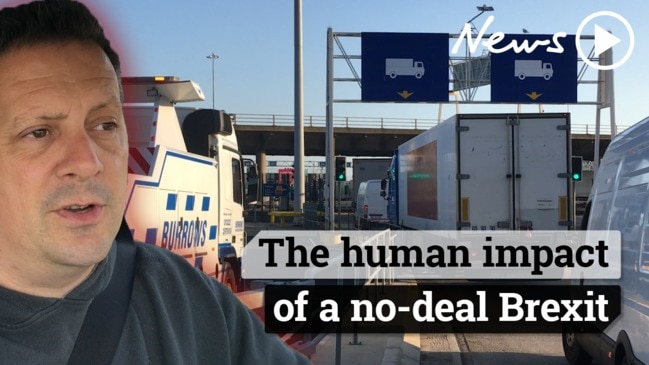
IRISH PM: BETTER BREXIT DEAL DOESN’T EXIST
Irish Prime Minister Leo Varadkar is welcoming the Brexit agreement, saying that anybody who believes a better deal can be found is deluding themselves.
Mr Varadkar said that “the entire European Union today was very much of the view that there couldn’t be a renegotiation.”
He said those who oppose the deal “don’t agree among themselves what that better deal could be. They probably wouldn’t have a majority in parliament for an alternative deal either, and they certainly wouldn’t have 28 member states signed up to it.”
He added: “Any other deal really only exists in people’s imaginations.”
Mr Varadkar said he believes Mrs May’s chances of getting the agreement through parliament are strong.
British lawmakers, he believes, will see that “the alternative is a no deal, cliff edge Brexit which is something of course that we all want to avoid.”
- with AFP

